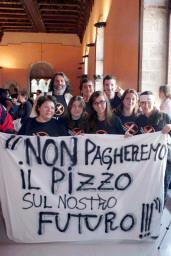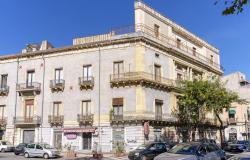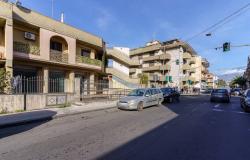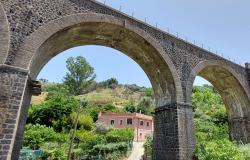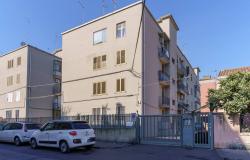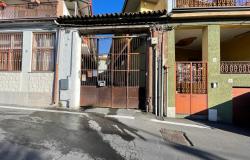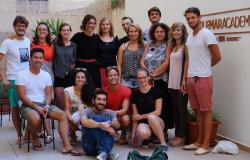Shoppers in the Sicilian capital of Palermo will soon get the chance to thumb their noses at the Mafia by taking their custom to a supermarket with solid racketeering-free credentials.
The store, which opens this weekend, will only stock goods by businesses that have publicly refused to pay the Mafia protection money, or 'pizzo'.
The supermarket is the work of Addiopizzo (Farewell Pizzo), an organization that has been fighting racketeering and extortion for four years.
It started with a secret campaign plastering Palermo with anti-racketeering stickers. When Addiopizzo eventually went public, numerous businesses joined up.
The organization then began publishing a list of those businesses that pledged to stand up to racketeers - an immediate hit with the public, delighted at the chance of keeping their hard-earned cash out of Mob pockets.
But one young businessman, Fabio Messina, decided the scheme could be taken a step further. ''I decided it was right to give those traders who refuse to pay protection money an extra opportunity,'' the 29-year-old told daily La Repubblica, explaining why he came up with the idea of the supermarket. ''The store also makes things easier for shoppers, because instead of travelling all over Palermo, going from one place to another, they can buy everything they need at a single outlet''. So far, 30 businesses on the association's 241-strong list are on board and the store will open on Corso Vittorio Emanuele in the heart of Palermo this Saturday. Addiopizzo hopes the supermarket will become a flagship in its campaign to free Sicilian society from its Mafia stranglehold by tackling crime at its roots. The association believes that resigned acceptance of organized crime has allowed it to flourish, while change will only come if the public believes it has a choice. The pizzo-free supermarket was greeted warmly by the industrial employers federation, Confindustria, which last year decided to expel members caught paying protection money. The head of the federation's Sicilian branch, Ivan Lo Bello, said it was ''an excellent idea''. ''More such stores could be opened in other parts of Palermo and elsewhere,'' he said. ''This initiative joins other anti-extortion projects that are already underway and are most welcome''. Mafia protection rackets are rife in southern Italy and particularly Sicily. Figures from the Palermo public prosecutor's office suggest that up to 80% of the city's businesses pay off organized crime. But would-be racketeers have met with growing resistance in recent years. The national traders association Confcommercio recently announced it would be following in the footsteps of Confindustria, expelling those that pay protection money and providing legal assistance to those ready to fight racketeering. However, many victims of rackets keep quiet not just through fear of reprisals but also because of interest in doing business with the Mafia.
According to a 2006 report by national retailers association Confesercenti, the Mafia extorts 200 million euros a day from Italian businesses through the pizzo, loan sharking and other crimes. The report said organized crime groups raked in 80 million euros every day from shopkeepers alone.
